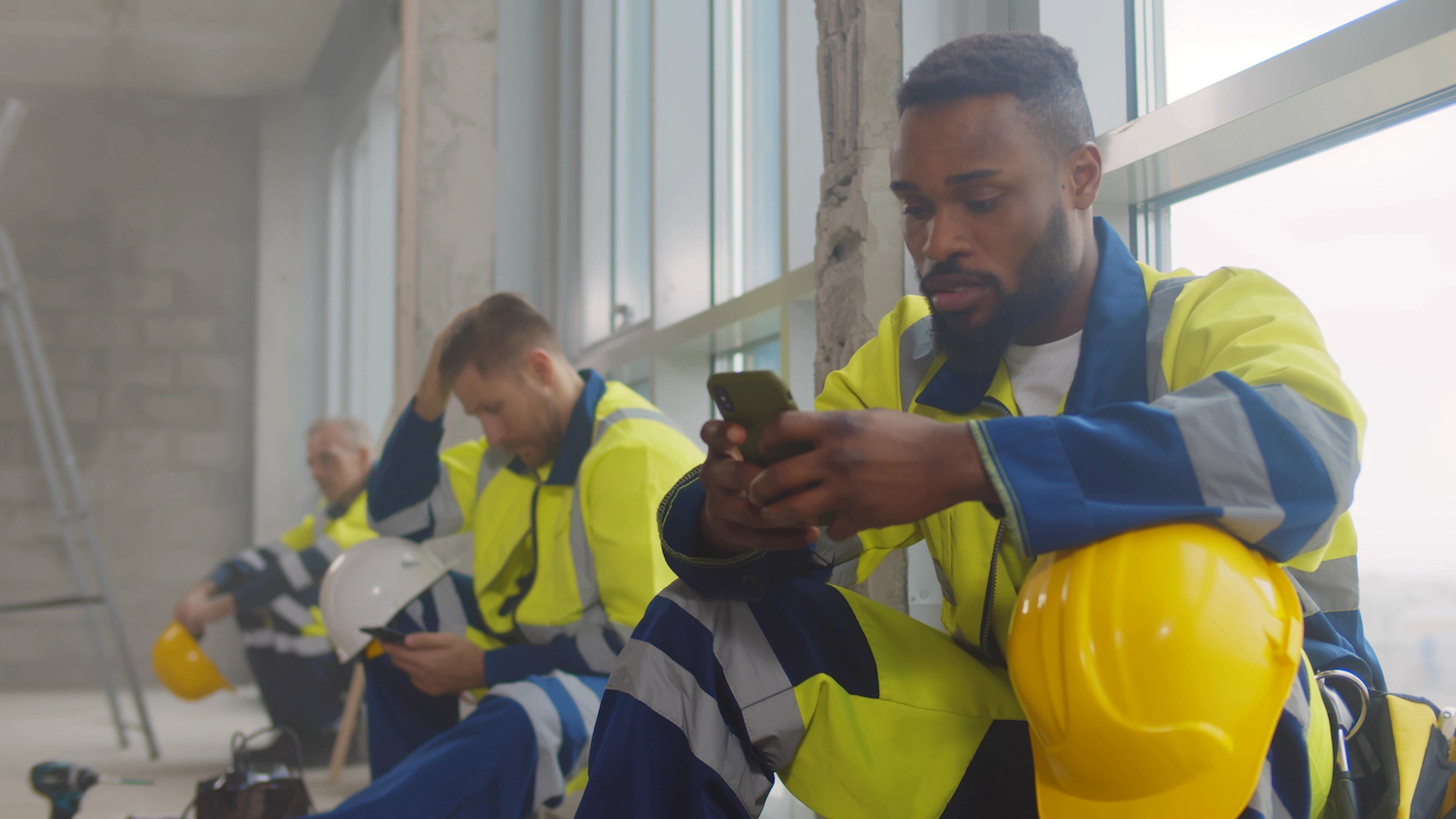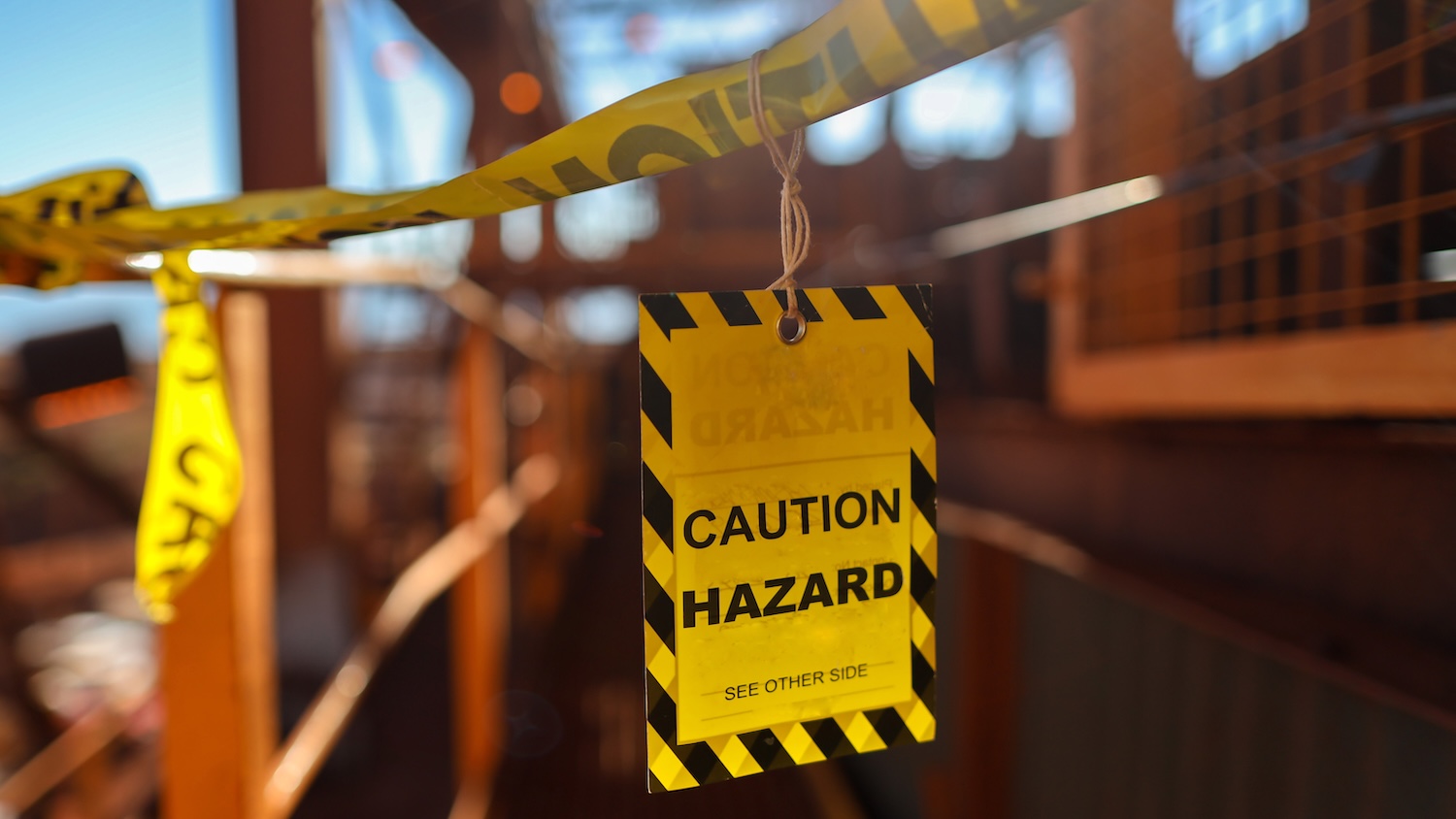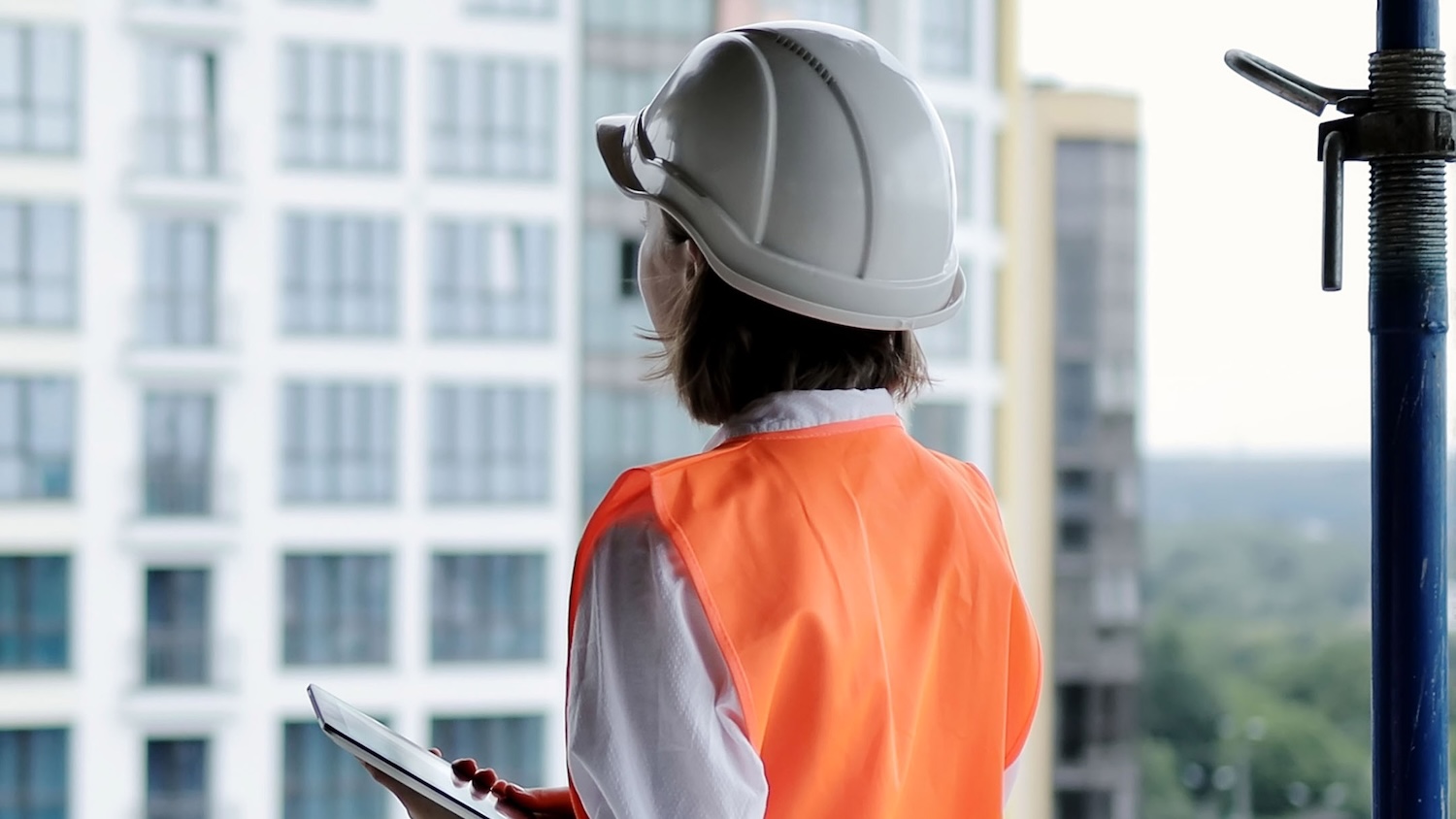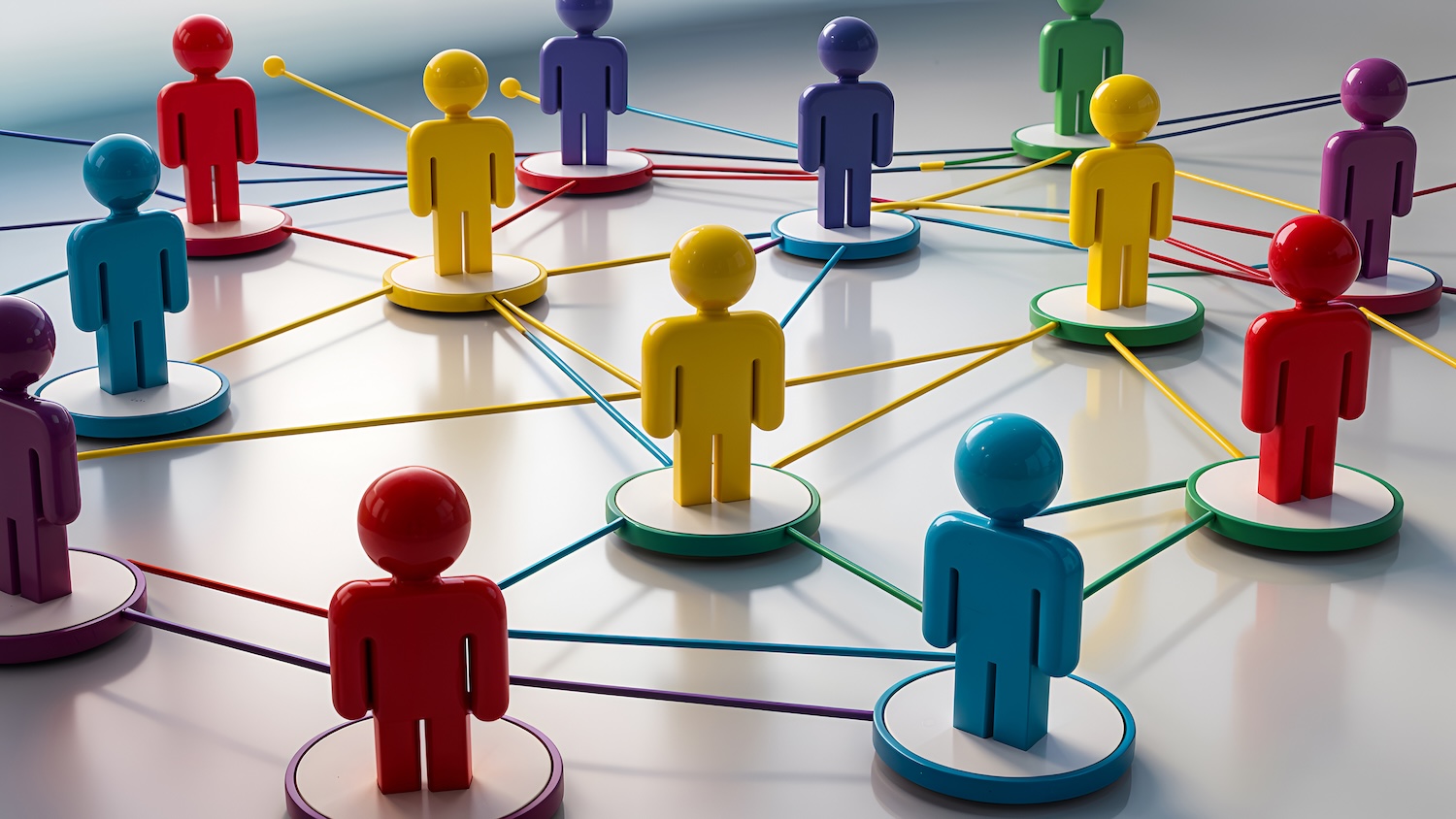
Breaking the suicide silence with artificial intelligence
Digital solutions, including artificial intelligence (AI) tools, can help to support the construction workforce in overcoming the stigma around mental health
The UK construction sector is facing alarming challenges when it comes to mental health, with statistics painting a grim picture.
Suicide rates are rising in the UK and the highest rates are among working age men aged 40 to 54, with construction workers suffering the highest rates for men. Men in the industry are three times more likely to commit suicide compared with the average male.
Despite growing evidence of the causal connections between work and suicide, employee suicides are still largely treated as an individual mental health problem that has no direct relevance for work or for the workplace.
Willingness to take responsibility to acknowledge the problem relies on the goodwill of employers. Sadly, unlike their US counterparts, 72% of British construction firms lack dedicated policies for mental health support.
CIOB study findings
The Understanding Mental Health in the Built Environment study by the Chartered Institute of Building (CIOB) in 2022 revealed staggering figures: 87% of workers experience anxiety, 70% suffer from depression, 26% harbour suicidal thoughts, and a worrying 95% frequently deal with poor concentration.
These issues not only affect individual workers but also pose substantial risks to safety and efficiency in the sector.
The risks associated with poor mental health in the construction industry are profound. They include a direct impact on employees, who may suffer from depression, anxiety and motivational challenges, potentially leading to a crisis point.
In 2021, there were 507 suicides in the industry, equating to two workers per day. This not only represents a tragic loss of life but also a significant hazard in terms of workplace safety and productivity.
The implications of poor mental health extend beyond individual workers. Mental health struggles can lead to errors on the job, increasing the likelihood of accidents and compromising the quality of construction – leaving employers open to huge financial risks.
This not only affects the workers involved but also end-users of the constructed facilities.
Tackling the issue
So what can employers do to tackle this issue? Addressing the mental health challenge requires a multifaceted approach where two distinct channels – stigma awareness and risk intervention – sit side by side.
Traditional methods, such as training for managers and awareness campaigns, are essential but not sufficient alone.
These initiatives often rely on individuals to proactively seek help, which can be difficult due to stigma. They place a huge burden on managers to identify risk and can lead to people slipping through the net.
Digital solutions such as AI-powered mental health apps offer a complementary approach and help mitigate the risk.
These digital tools not only provide immediate support but also enable employers to measure and monitor the overall mental health of their workforce without infringing on individual privacy.
Anonymous support tools are particularly suitable for the construction industry’s male-dominated and stigma-prone environment. We know stigma stops people speaking out.
Communication problem
A Wysa report on employee mental health, All Worked Up, showed that one in three employees who need help have not spoken to a healthcare professional, with more than half citing embarrassment as a reason.
An astonishing 81% said that they would prefer to engage with an AI app rather than speak to HR.
It’s clear that the construction sector’s mental health crisis demands urgent attention and a comprehensive strategy.
There is an urgent need to modernise health and safety regulations to prevent avoidable deaths and bring the UK in line with other countries where work-related suicides are systematically monitored, regulated and treated as a serious public health concern.
In the meantime, employers in construction must recognise the severity of the issue and adopt both traditional and innovative approaches to support their employees.
By combining human-centred initiatives with digital tools and analytics, the construction industry can create a safer, more productive and mentally healthier work environment. Which is good for employers, employees and society.
Sarah Baldry is vice president of people and marketing at Wysa.
Mental health support and advice for CIOB members, past members and related family is available through CIOB Assist. CIOB, in partnership with Anxiety UK, also provides wellbeing support.
For additional support or advice, contact the Samaritans by calling 116 123. Alternatively, you can also access support via the industry charity Lighthouse Club. You can call the support line on 0345 605 1956 or text HARDHAT to 85258.






